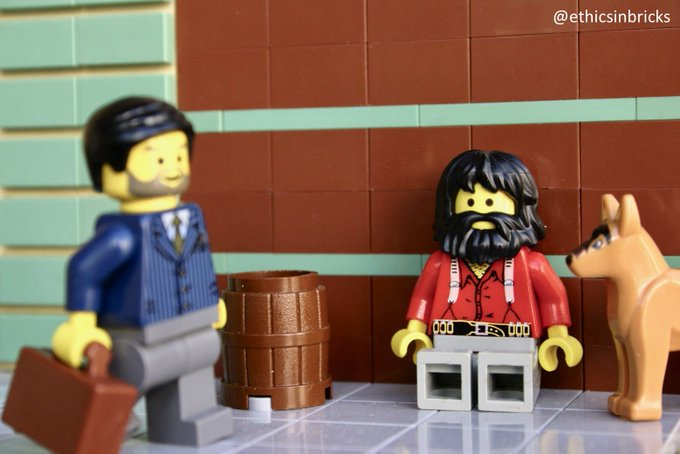LISTEN. Happy birthday, Older Daughter! XXV!
Today (again) in CoPhi we close Warburton's Little History with Rawls's Veil, Searle's Chinese Room, Turing's Test (and Depp's
Transcendence), and Singer's
Effective Altruism, before opening Susan Neiman's Why Grow Up? Subversive Thoughts for an Infantile Age.
She says you're fooling yourself if you think youth is the happiest time of life. Ask
Grandfather Philosophy. Enlightened maturity is best, though her hero Kant was more about deserving than actually achieving happiness. We should go for both. You should not have to "renounce your hopes and dreams" to get what you want and need. That's Stones (not
Stone) philosophy.
In "
What is Enlightenment?" (1784) Kant answered his own question promptly and succinctly, for once. "Enlightenment is man's emergence from his self-incurred immaturity. Immaturity is the inability to use one's own understanding without the guidance of another. This immaturity is self-incurred if its cause is not lack of understanding, but lack of resolution and courage to use it without the guidance of another. The motto of enlightenment is therefore: Sapere aude! Have courage to use your own understanding!"
In a distracted age like ours, and a country like ours (
like Brian's) where we're so lockstep-sure that we're all individuals, it takes a resolute and committed will to think for yourself. Even those who think they're thinking may just be re-arranging their prejudices, William James probably
wasn't the first to say. Most people would die sooner than think,
Bertrand Russell repeated. Real originality is hard. Don't believe everything you read on the Internet, Honest Abe.
But I can vouch for the accuracy of this statement from Susan Neiman: "All the information in the world is no substitute for the guts to use your own judgement... Judgement is important because none of the answers to the questions that really move us can be found by following a rule." Surprising statement from a Kantian, though even he was probably not much moved by the Categorical Imperative. Point is, there's a big gap between the way things are (according to experience) and the way reason tells us they should be. "Growing up requires confronting the gap between the two, without giving up on either one."
If travel is essential for growing up, the pandemic's going to really set us back. Former Harvard President and Obama Treasury Secretary Larry Summers's disdain for language-learning would too. As we've noted in discussing Julian Baggini's How the World Thinks, and as Wittgenstein's "language games" imply, learning a language is inseparable from thinking new thoughts and expanding your mental world.
Is 18 to 28 the best time of life? Neiman thinks it's the hardest, made harder by the conceit that you should be loving it then and missing it the rest of your life. Better to look forward with
the poet to a long and gratifying maturation. "Grow old along with me, the best is yet to be, the last of life, for which the first was made."
Today in Fantasyland we notice the precedent in POTUS 40 for 45's dangerous conflation of myth and reality, and wonder if there's any way to control the spread of "cockamamie ideas and outright falsehoods" on the Internet." Only one surefire way, apparently: log off.
And what do we think of the 80% of Americans who "say they never doubt the existence of God"? I think they need to think about it.










